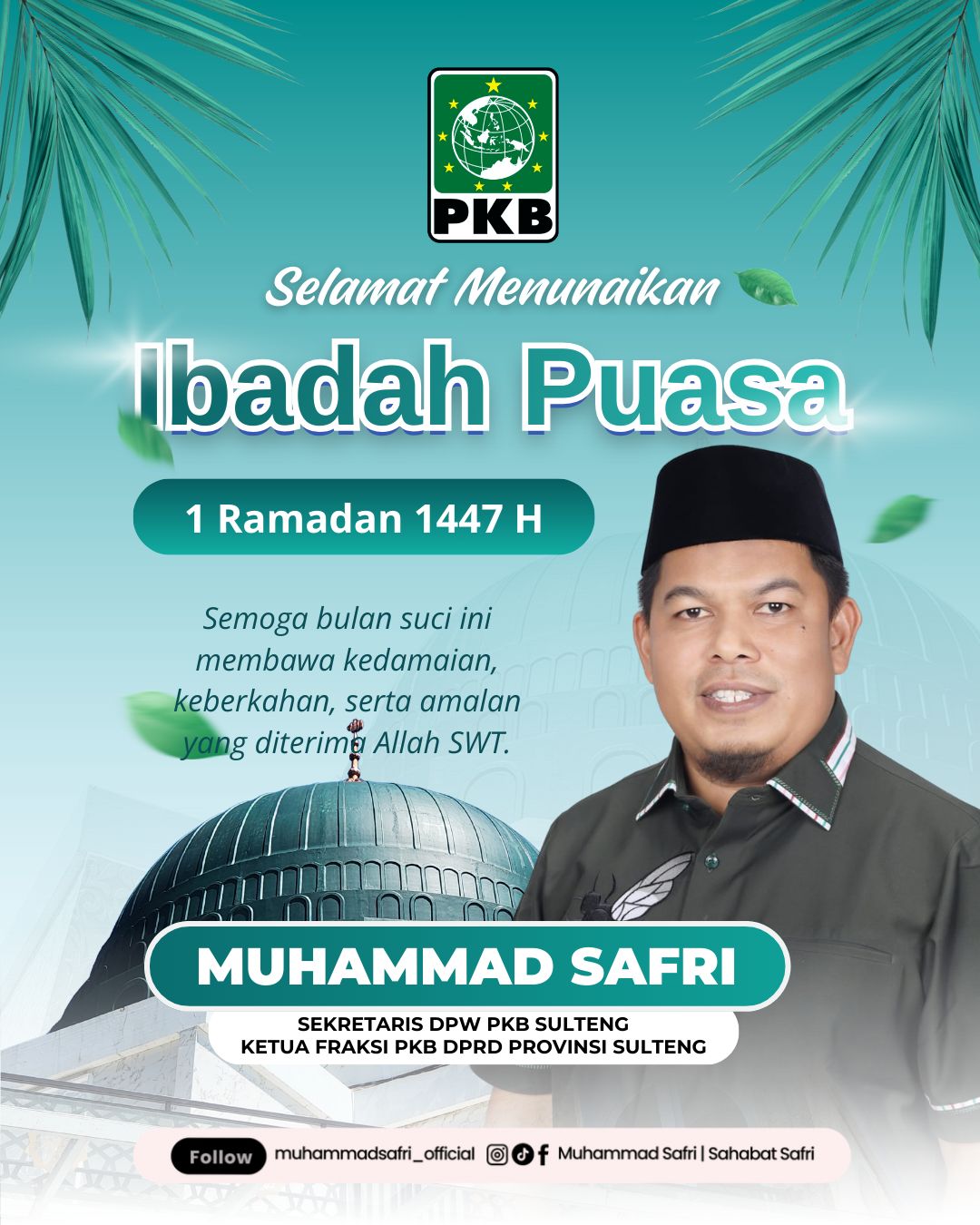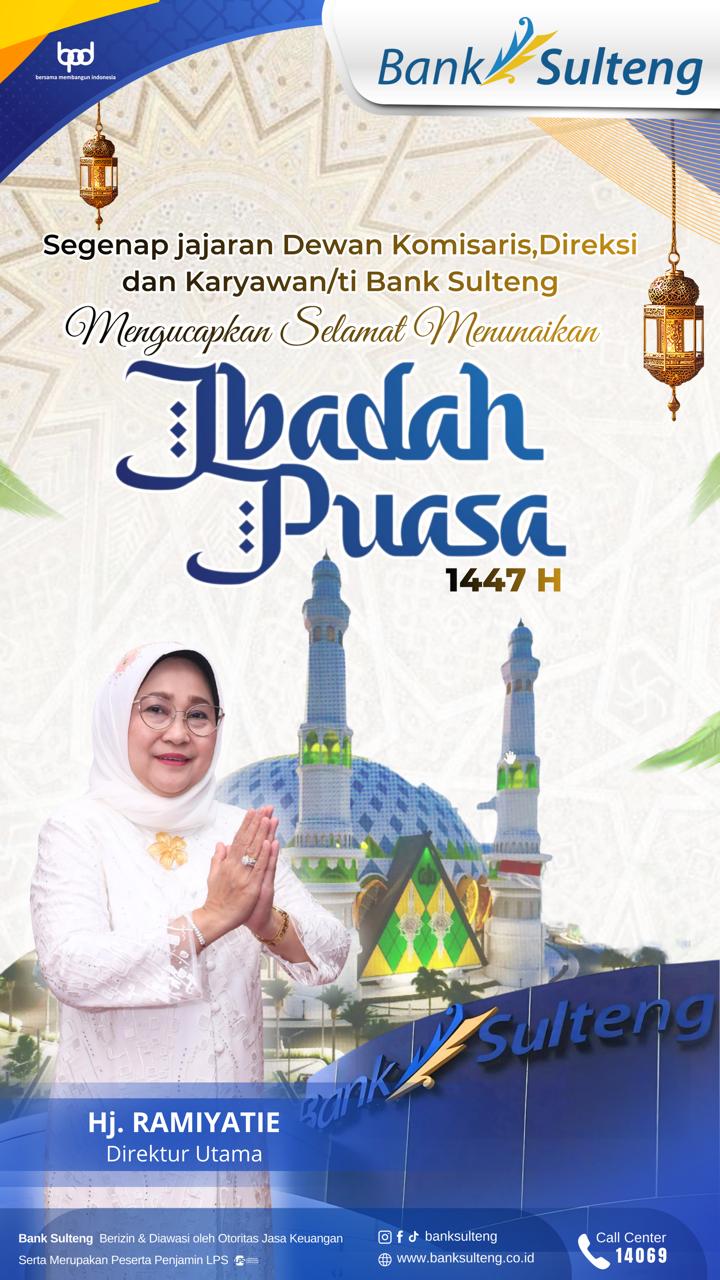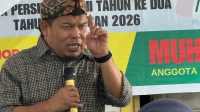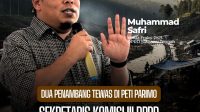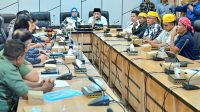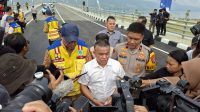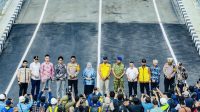THE HEAD of the National Disaster Management Agency (BNPB) Doni Monardo threatened to criminalize the parties that prevented BNPB from meeting the needs of refugee victims of the disaster in Palu City.
“If the owners of the HGB (Right to Build) block the land acquisition to be used as the location of relocation and construction of shelters (permanent housing) for victims of the disaster in Palu, we will give a speech,” said Doni in a disaster management coordination meeting in the earthquake affected area. tsunami and liquefaction on Teng Sulawesi in the Central Sulawesi Governor’s office on Friday (4/19/2019).
“The ultimate weapon (article 77) comes out for those who impede it,” he added.
The statement was conveyed by Doni, considering that PT Lembah Palu, one of the companies holding HGU in Tondo, was reluctant to use the land they controlled half of it as the location of relocation and construction of huntap.
The threat that he delivered was based on Law Number 24 of 2007 concerning Disaster Management. Article 50 mentions threats to parties that hamper BNPB’s activities for disaster victims.
“In article 50 it is stated that everyone who intentionally inhibits access to BNPB is sentenced to imprisonment for a minimum of three years or a maximum of six years and a fine of at least Rp2 billion or a maximum of Rp4 billion,” he said.
The ease of access by BNPB which he meant was contained in article 50. In article 50 mentioned in the emergency disaster status was determined, BNPB and the Regional Disaster Management Agency (BPBD) had easy access including deployment of human resources, equipment, logistics and immigration, excise and quarantine .
Furthermore, licensing, procurement of goods / services, management and accountability of money and or goods, rescue and command to order sectors / institutions.
“We still offer a compromise. They must not be harmed. But if they hamper, we use article 77 because we are obliged to provide the best public services for the community,” he said.
In other parts, he requested that recalculation of housing needs be carried out for residents.
Because the allocation of shelter is clearly divided into two, namely for residents who have to be relocated from the red zone to safe and shelter zones whose nature is insitu or the location has not moved far from the old settlement that was destroyed and the location has been declared safe.
He added that there are huntap development sources that come from outside help and others are purely from the state treasury (APBN).
For the APBN post, he urged the Head of Central Sulawesi BPBD to speed up data validation so that there was a basis for him to carry out the budget to the Ministry of Finance.
Regarding the refusal of relocation from a handful of people living along the coast, he asked the local government to form a joint team whose task was to give understanding to the residents door to door (from house to house) so they would be relocated.
The importance of the Regional Regulation which regulates the provisions of buildings along the coast also needs to be made further by the head of BNPB as an effort to prevent residents from building houses.
Finally Doni Monardo said that the discourse on the construction of a sea wall (tsunami retaining wall) would be reviewed because learning from Japan’s experience of building this artificial infrastructure had not been effective in suppressing the death toll in the 2011 tsunami in the cherry country.
He observed from the tsunami in Palu, not a few residents and buildings were helped, aka survived thanks to the forest vegetation on several road segments that grew along the coast.
“If along the coast laid out with vegetation will create a new passion for the community,” he said as well as being a magnet for regional tourism.
After the meeting, the head of BNPB, the governor and the group shifted to review the construction site for help from the Buddhist Tzu Chi Foundation in Tondo Village.**
Source / editor: Humpro Sulteng / Ikhsan Madjido


